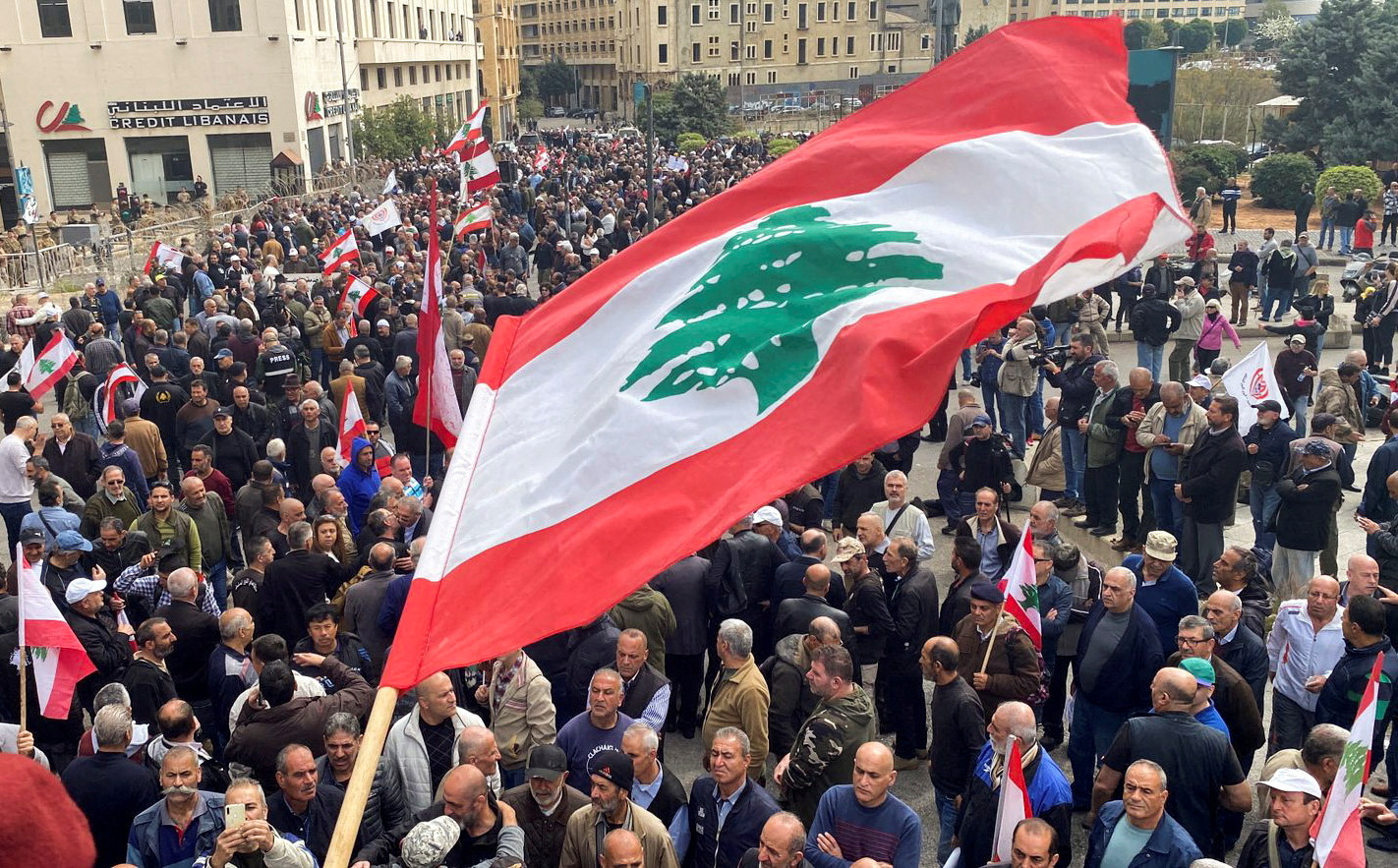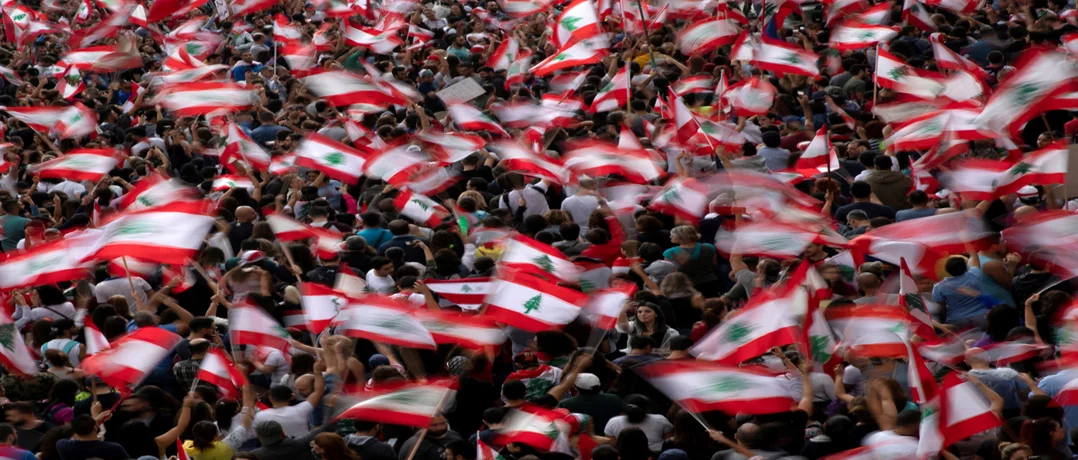Lebanon is not merely a small country on the map of the Middle East; it is a historical experiment and a founding idea rooted in freedom. This freedom is not a passing political slogan but a profound human value from which all other principles that govern Lebanese society stem, serving at the same time as the essential safeguard for the coexistence of its diverse communities.
Lebanon’s uniqueness lies primarily in its demographic composition. The absence of a dominant numerical majority has prevented sectarian hegemony, unlike in neighboring states. In Iraq, the Shiite majority has shaped the structure of political power, while in Syria the Sunni majority has underpinned the political and social order. In Lebanon, by contrast, the relative balance among the major sects has blocked any attempt by one group to impose its way of life on the others.
Politically and constitutionally, this demographic reality is reflected in the identity of the state. Lebanon’s constitution does not recognize an official state religion—unlike most Arab countries where Islam is declared the religion of the state and the primary source of legislation. Here lies the singularity of the Lebanese experience: citizens enjoy full freedom of belief, including the right to change their religion or political affiliation without fear or threat to their lives. This principle also shapes public life, where open criticism of authority, the formation of associations and political parties, and the practice of open opposition are not privileges to be granted or withdrawn but protected rights.

Photo: Reuters
On the socio-cultural level, freedom extends beyond the individual’s relationship with the state to create a way of life built on diversity. In towns and villages alike, Maronites, Sunnis, Shiites, Druze, and others coexist within the same space. Each community maintains its own religious and cultural institutions, yet they all share a public sphere wide enough to accommodate differences. Freedom in Lebanon is not confined to constitutional texts; it is a lived reality, tested daily in education, media, art, and open dialogue across society.
While this model has provided all communities with unprecedented space for expression in the region, here, I would like to focus specifically on the Lebanese Shiites and what Lebanon has offered them. Compared to their counterparts in Iran—often regarded as the epicenter of political Shiism and the most influential actor among Lebanese Shiites—the contrast is stark. In Iran, Shiites live under a repressive authoritarian system, facing strict political and social constraints. In Lebanon, by contrast, Shiites have enjoyed political, social, and intellectual freedom. This freedom to speak, to criticize, to think independently, and to mobilize has made Lebanon the only place in the region where Shiites possess rights that others, especially in Iran, can only aspire to.
In this sense, Lebanon has offered an exceptional model in a troubled region: one that makes freedom not just an abstract value but a daily practice that safeguards diversity and prevents authoritarianism. True, the Lebanese system suffers from recurrent structural crises. Yet the founding idea of the state, freedom intertwined with plurality, remains the safety valve preventing Lebanon from becoming just another replica of its regional neighbors.
Lebanon may not be a perfect state, but it continues to serve as a living laboratory for an uncommon idea in the Middle East: that freedom, not numerical majority, is what protects identity, and that partnership in diversity is stronger than any form of unilateral dominance.



